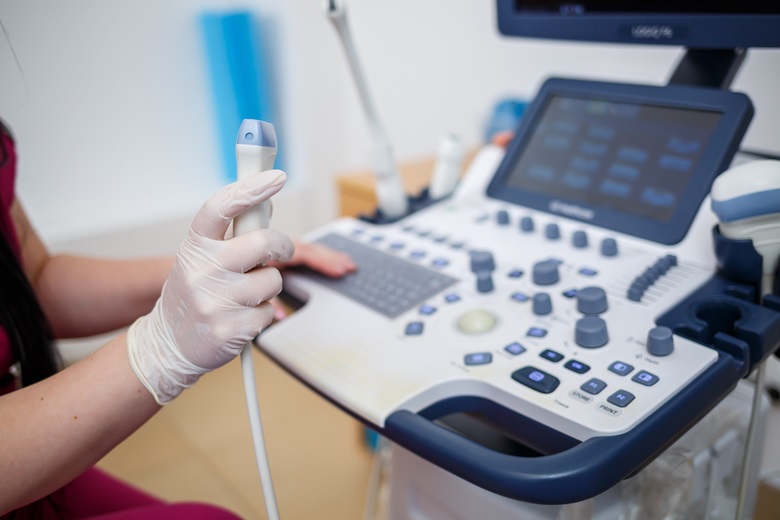Ultrasound Test Detects Ovarian Cancer in Postmenopausal Women with Highest Accuracy Of 96%
Posted on 01 Oct 2024
Early diagnosis of ovarian cancer is crucial, as the earlier it is detected, the easier it is to treat, leading to more successful outcomes. A new study has now identified an ultrasound test that detected 96% of ovarian cancers in postmenopausal women, potentially offering a more effective alternative to the current standard of care in the UK.
In the high-quality diagnostic test accuracy study, researchers at the University of Birmingham (Birmingham, UK) compared all currently available tests to diagnose ovarian cancer in postmenopausal women head-to-head. Of the six tests evaluated, the IOTA ADNEX model, which examines ultrasound features (the appearance of the lump on the ultrasound), demonstrated the highest accuracy, detecting up to 96% of ovarian cancers. The findings, published in Lancet Oncology, revealed that this ultrasound test significantly outperformed the current standard of care used in the UK.

As a result, the researchers recommended replacing the existing Risk of Malignancy Index (RMI1) test—which detects 83% of ovarian cancers—with the IOTA ADNEX model. The study also highlighted that the model achieved its 96% accuracy when performed by NHS sonographers who received proper training and quality assurance. Since most ultrasounds globally are conducted by sonographers rather than gynecologists, the researchers have developed free online resources to help NHS staff complete the specialized training, obtain certification, and ensure quality assurance for the IOTA ADNEX model.
“This is the first time that a head-to-head study of all available ovarian cancer tests have been done in the same population. Here we studied their use with symptomatic, postmenopausal women who are most at risk of this cancer. Our trial found that the IOTA ADNEX ultrasound protocol had highest sensitivity for detecting ovarian cancer compared to the standard of care and other test,” said Sudha Sundar, Professor of Gynecological Cancer at the University of Birmingham and consultant in gynecological cancer surgery at Sandwell and West Birmingham NHS Trust. “The ultrasound test also performs well when delivered by a trained sonographer who have received specific training and certification and quality assurance, and as the vast majority of ultrasound scans are performed by sonographers it is important that a new standard is able to be delivered by as many clinical professionals as possible.”














